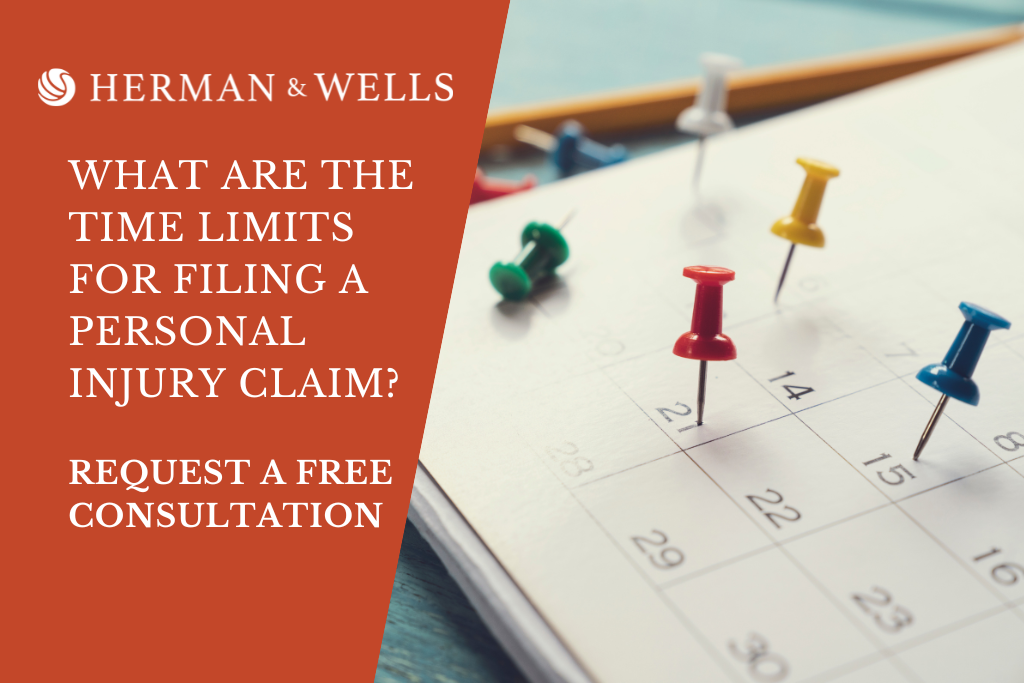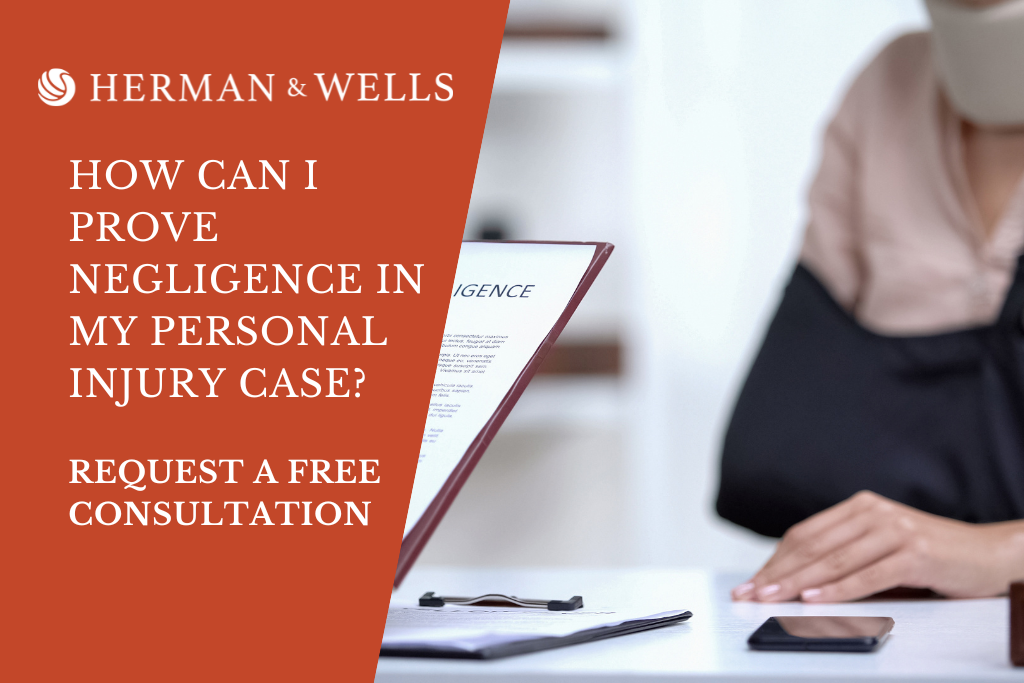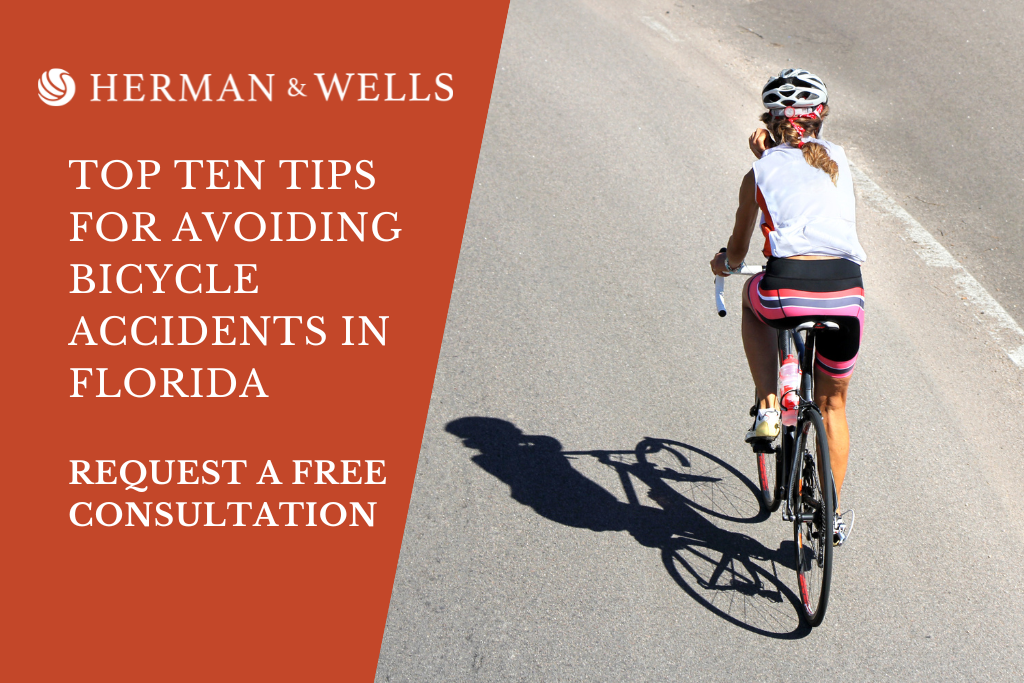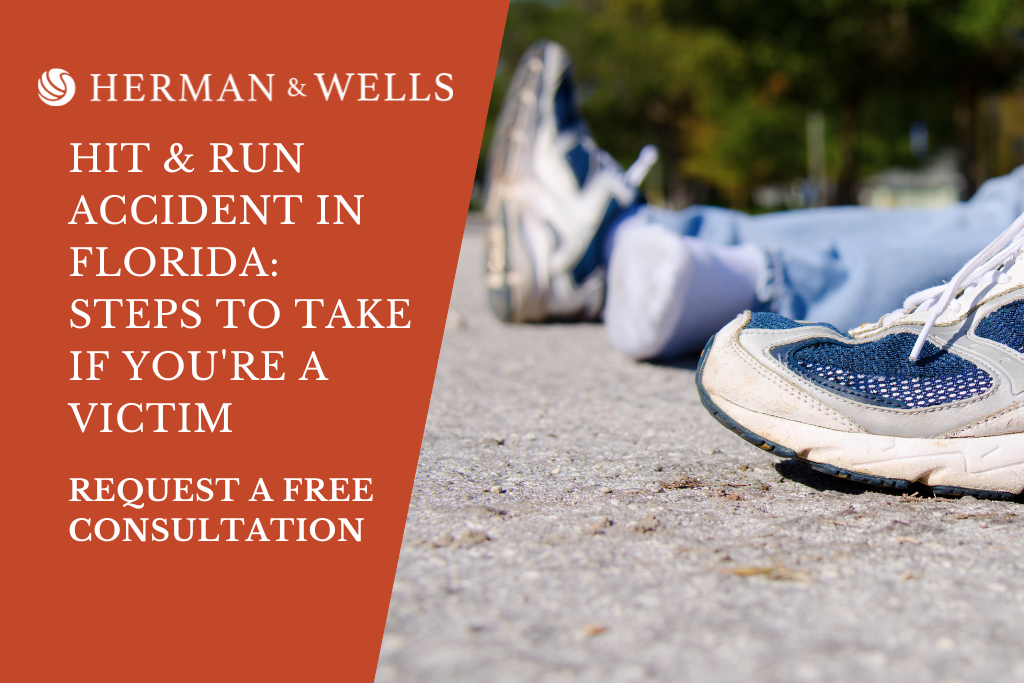If you’ve been in a car accident in Florida, life can suddenly become very challenging. The trauma of a car accident can cause serious injuries that require specific treatments from several different medical specialists. Sometimes, people end up missing appointments or not adhering to their doctor’s prescribed treatments. There are legitimate reasons for this, but what you need to understand is how gaps in treatment can impact your personal injury claim with your insurance carrier.

If you asked Lauren Pozna, one of our personal injury attorneys in Pinellas Park, she’d tell you this is an important aspect of the injury claim process that she covers with her clients ASAP. This isn’t something the general public gets much information about unless they’re going through it personally. It can be all too easy to miss a follow-up appointment or let other aspects of your prescribed course of treatment lapse without realizing the impact it can have in the long run.
Our law firm will work with each of our clients to help them manage and document the medical care they receive for any injuries sustained in an accident. However, we can’t force someone to go to the doctor if they choose not to. We hope that sharing this information can help prevent more people in Pinellas (or anywhere in Florida) from undermining their injury claim accidentally. Some of the best advice personal injury lawyers can give to clients is to follow the treatment plan prescribed by their doctor.
The Cliff Notes: Key Takeaways From This Post
- 1Treatment plans for personal injury claims vary greatly depending on the severity of the injury, the individual’s age and pre-existing health.
- 2Gaps in treatment may be used by insurance carriers to pay less for or deny claims, so keeping thorough documentation is important.
- 3Common gaps in treatment include needing to see a specialist, dealing with a sick family member and recovering from surgery.
- 4Most people begin with non-invasive treatments and progress to more advanced treatments if needed; follow-up appointments are important.
- 5If an insurance claim is denied, underpaid or if someone was recently injured in a car accident in Florida they should speak to a personal injury lawyer.
The prescribed treatment plan can vary significantly depending on the severity of the injuries sustained in an accident. Someone who breaks an ankle in a slip and fall accident may only need a cast for the joint and a couple of months of physical therapy to restore full mobility. Compare that to someone with a spinal cord fracture or traumatic brain injury. They could require specialized medical care for the rest of their life.
Of course, the treatment plan a doctor recommends for a broken ankle will also vary depending on the underlying health and age of the individual. A broken ankle for an older person may require surgery to reset the joint and restore some mobility. Then that person may also need to have screws removed months or years later.
The factors that can impact a personal injury claim are as varied as the people who have been injured. The one consistency is there will be a prescribed treatment plan for the injured person and it will be evaluated critically by an insurance adjuster after you file your claim. The injured person’s lawyer and the insurance adjuster will get access to their medical records and that will show what the prescribed treatment plan is. If there are gaps in treatment, they will be noted and brought up during the claims process.
What Qualifies as a Gap in Treatment?
During the evaluation of a personal injury claim, the insurance carrier will look for two types of gaps in treatment:
- Was there a gap between the date of the accident and first seeking medical care?
- Was there a significant gap between initially seeking medical attention and seeing the appropriate doctor for a follow-up visit?
Once you have filed a personal injury claim in Florida, your insurance company will assign an adjuster to investigate. This is a professional who has been trained in identifying red flags the carrier can use as a way to pay less for the claim or deny it completely. Gaps in treatment are major red flags that will be investigated.
The insurance adjuster will take this stance if there are gaps in treatment that can’t be defended: You would not have these gaps if you were truly injured as you claim in that accident.
We’ll cover this more later in the post, but keeping thorough documentation about the medical care you receive is super important too. Some gaps in treatment can be defended, but insurance adjusters may also take the stance that the injuries you have weren’t caused by the accident you’re filing a claim for. Documentation will give a personal injury attorney the means to sidestep this in pursuit of the compensation you need.
Treatment Plans & Personal Injury Claims
Gaps in Treatment That Won’t Undermine Your Injury Claim in Florida
Life throws a lot of challenges at us that just don’t have any respect for our schedules. Sometimes, people miss doctor’s appointments due to unforeseen circumstances and that doesn’t mean they aren’t seriously injured. During the COVID pandemic, for instance, the injured party may end up having to miss an appointment if they test positive.
Other acceptable gaps in treatment can come from:
- Needing to see a specialist that was booked out for a while
- Dealing with a sick family member
- Recovering from surgery
One thing you need to do is let your personal injury lawyer know if you have a gap in treatment for any reason. Your attorney can properly document any gaps in treatment following a car accident and will note if it was for a legitimate reason. This will prevent the insurance carrier from using that against you while negotiating the injury claim.
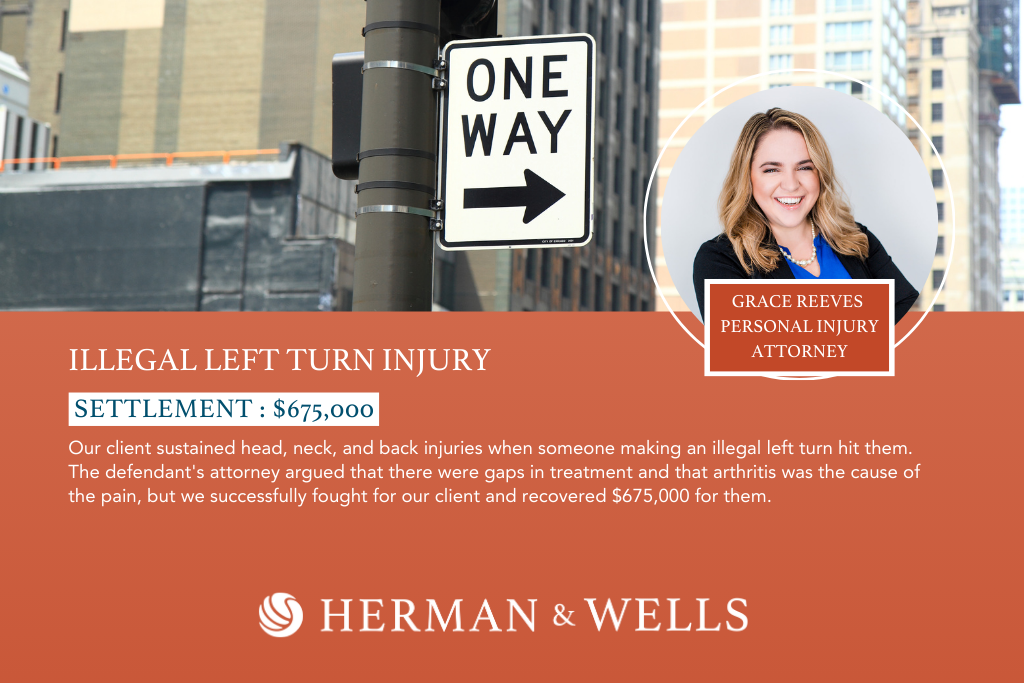
Typical Injury Treatment Timeline Following an Accident in Florida
As we mentioned before, the timeline and recommended course of treatment will vary depending on the severity of injuries and physical characteristics of the individual (age, physical condition, pre-existing illnesses, etc).
Let’s Start With A Non-Invasive Course Of Treatment
For most car accident injuries, the prescribed course of treatment initially is non-invasive. Most people aren’t going to choose to undergo surgery if that isn’t strictly required. Medical care should begin within 14 days following the accident. Seeking treatment immediately after an accident helps to clearly show the connection between injuries you’re dealing with and the incident noted in your injury claim. Some people choose not to seek medical treatment, because certain car accident injuries aren’t visible or noticeable immediately. Insurance carriers may claim that the injuries were pre-existing and not caused by the accident if a person didn’t go see a doctor within this time frame.
Most people will end up going to see a chiropractor or receive some form of physical therapy following a car accident. Regardless, the first doctor you visit will likely need to see you again, even if your injuries aren’t too serious. They’ll also refer you to other trusted specialists based on the types of injuries present, order additional diagnostic tests, prescribe medications, or recommend more advanced or invasive procedures if needed down the road.
During this initial course of treatment, doctors and lawyers want to see if non-invasive treatment will be sufficient in helping their clients recover. Some injuries may seem fairly minor initially after a car accident, but new pains could become apparent once the inflammation has receded. Chiropractic care is effective at addressing the inflammation accident trauma often causes. This could be enough to help a person recover if injuries are minor, or it could help reveal deeper issues that require a different type of treatment.
What Happens If The Initial Course Of Treatment Isn’t Successful?
Your doctor will review your progress after a couple of weeks. If your condition hasn’t improved as expected or other issues have been identified, then an MRI (magnetic resonance imaging) will most likely be recommended. MRI is the most advanced type of imaging available in this situation and can help identify/confirm injuries that would otherwise be missed or could potentially be life-threatening if not addressed. Some people will not keep this appointment, but again our best advice for your personal injury claim is to follow your doctor’s recommendations and get an MRI if they advise it. It’s not uncommon for people to let things slip at this point in the timeline, then their injury claim is closed, and they are facing significant out-of-pocket fees (depending on their health insurance) when they need to get an MRI later. Typically, more advanced or invasive procedures won’t be recommended without an MRI scan first.
Following Your Doctor’s Orders Is Important
If you have been injured in a car accident, then it is really in your best interest to follow your doctor’s treatment plan. When people don’t, that’s a significant red flag for insurance carriers when reviewing personal injury claims. People who are seriously injured are expected to seek the appropriate medical treatment and adhere to the prescribed treatment plan. When someone doesn’t show up for follow-up appointments or doesn’t seek the prescribed treatments, the injuries must not be that serious.
This is one of the most common causes of undervalued or denied personal injury claims in Pinellas, FL. If you don’t follow your doctor’s treatment plan, there isn’t much a personal injury attorney will be able to do to recover the compensation you may need.
In addition to showing up for follow-up appointments, recommended MRI scans, and taking prescribed medications, the injured party should also keep really good records of the medical care they receive following their accident. If you had to purchase medication, keep that receipt. Document your appointments, take note of the medical experts you end up working with. Had to miss an appointment? Make sure you take note of the reason why and be sure to notify the doctor’s office. Good documentation during this process can prevent insurance companies from finding a quick way to devalue or flat-out deny your claim.
Injured in Pinellas? It’s Time To Speak to a Personal Injury Lawyer
Whether your insurance claim was denied, underpaid, or if you were recently injured in a car accident in Florida, you don’t need to navigate the complicated injury claim process alone.
Our expert legal team at Herman & Wells is well-versed in tackling the many nuances of insurance companies, and we’re here to fight for you, from our complimentary initial consultation to the courtroom. Call (727) 821-3195 and you’ll be connected with an experienced personal injury attorney like Lauren.

